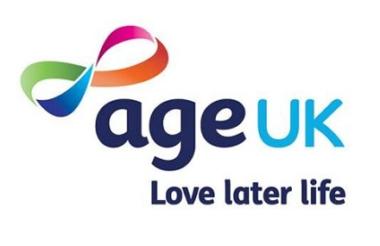Age UK has changed how it recruits new trustees for its board, in order to fulfil its commitment to equality and diversity.
The recruitment process does not ask for a personal statement or CV when people first apply, so that they are not put off by the criteria. The process applies to the national umbrella charity Age UK and not all of its individual branches, which are registered as separate entities.
The charity is looking to improve the diversity of its board of trustees, partially in order to comply with the Charity Governance Code. The code is a practical tool to help charities and their trustees develop high standards of governance.
At the end of last year candidates were invited to fill out an expression of interest form and attend one of two upcoming events to meet existing trustees and directors.
Steph Harland, chief executive of Age UK, said: “We are looking to innovate as quite a few other charities are doing, mainly in order to fulfil Age UK’s own commitment to equality and diversity, but also recognising the importance of diversity in the Charity Governance Code. We believe that there are many talented people out there who could make great trustees but who may not be confident that their skills and experience would be welcomed and wanted.
“We are also happy that people are interested in older people and in the work of Age UK and we want to offer people an experience that recognises and encourages that interest, whether or not they go on to become trustees.”
Harland said that the charity has previously advertised with a tightly defined person specification and a requirement to submit a letter or personal statement and a CV in writing at a very early stage.
She said that although this is “a well-tested and familiar route and has many well-known advantages”, “it may put people off and also it makes people who are applying do quite a lot of work when only a relatively small number of people are taken forward to a long list then a short list”.
A trustee is responsible for ensuring a charity is carrying out its purposes for the public benefit. It must also make sure that the charity complies with its governing document and other charity law requirements.
|
Related Articles










